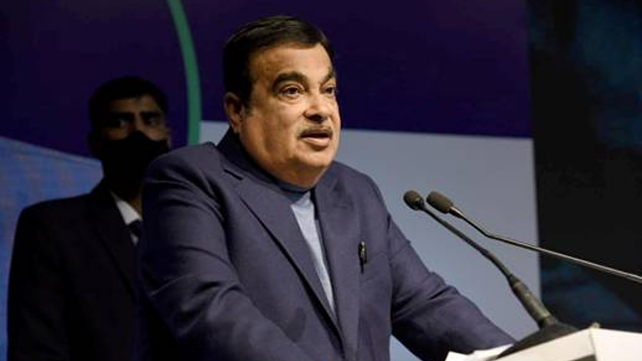
The National automobile scrappage policy is a mutual win-win policy for all the stakeholders, Nitin Gadkari, Union Minister for Road Transport and Highways has said.
Inaugurating the Vehicle Scrapping and Recycling Facility set up by Maruti Suzuki Toyotsu India (MSTI) at Noida a couple of days back, he said the policy aims at creating an ecosystem for phasing out unfit and polluting vehicles from the Indian roads and to meet this objective, state-of-the-art scrapping and recycling units are needed.
He said the policy will help increase automobile sales, provide employment, reduce import costs, generate incremental GST revenue, and help solve the global shortage of semiconductor chips.
Gadkari said the policy provides a vital link in creating a circular economy (waste to wealth) for the country. He said three to four scrapping centres should be set up in every district.
Positive Policy Shift
MoRTH had recently launched the Voluntary Vehicle-Fleet Modernisation Programme (Vehicle Scrapping Policy) that aims to create an ecosystem for phasing out old, unsafe, polluting vehicles and replacing them with newer safe and fuel-efficient vehicles.
The ministry has also notified the Registered Vehicle Scrapping Facility (RVSF) rules to enable the setting-up of modern vehicle scrapping facilities in India, which can recycle the vehicles in an environment-friendly manner.
The existing vehicle dismantling and recycling industry in India is unorganised, and recycling of older vehicles is not done in an environment-friendly manner. As a result, it has a low recovery percentage, and many materials get wasted or are not properly recycled. This leads to inefficient resource management and non-realisation of the full value of high-strength steel alloys and recovery of valuable rare-earth metals.
As per unofficial industry estimates, the recovery percentage in India is about 70-75%, while global benchmarks for recovery from scrapped vehicles are in the range of 85-95%. Therefore, MoRTH endeavours to promote the setting-up of RVSF to enable the use of environmentally-friendly processes in this regard.
The vehicle scrapping policy thereby creates such formal business opportunity and promotes scientific recycling within the scrapping industry, MoRTH stated in a release.
The RVSF inaugurated by the Minister has been set up in an area of 11,000 sq m with a capacity of handling 24,000 vehicles per year. Maruti Suzuki India has set up the plant in collaboration with Toyota Tshusho Group. Satoshi Suzuki, Ambassador Extraordinary and Plenipotentiary, Embassy of Japan, India, was also present at the inaugur